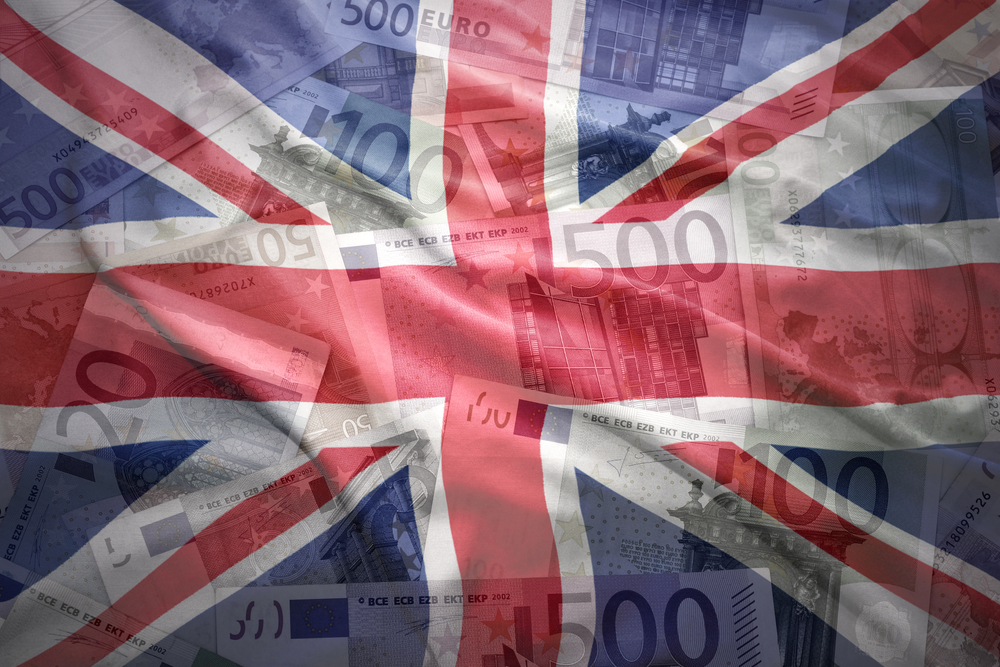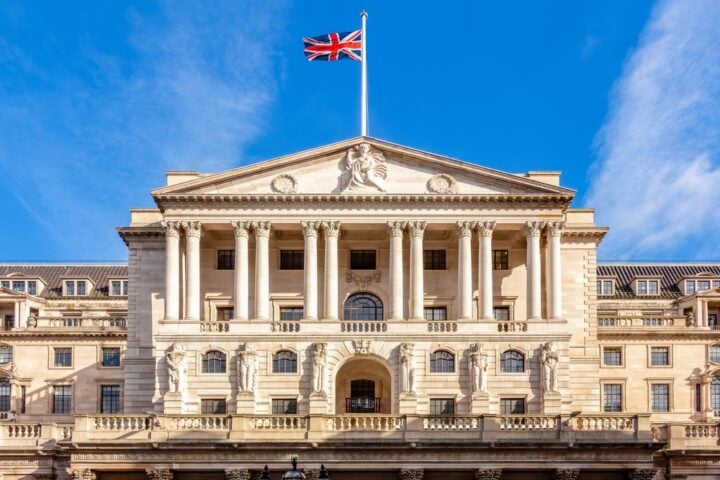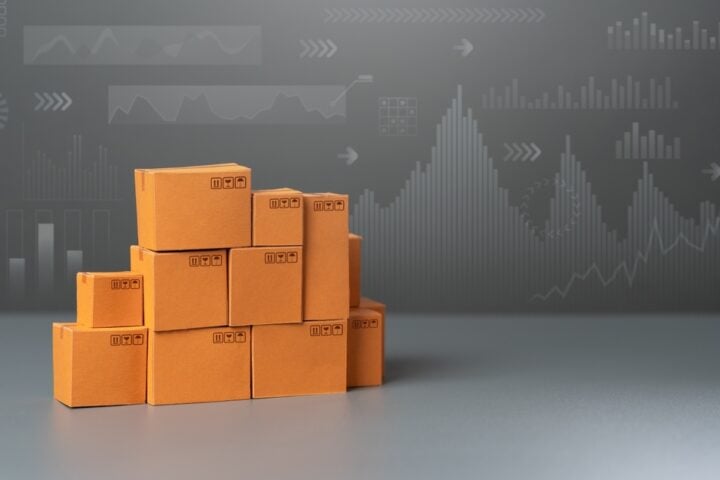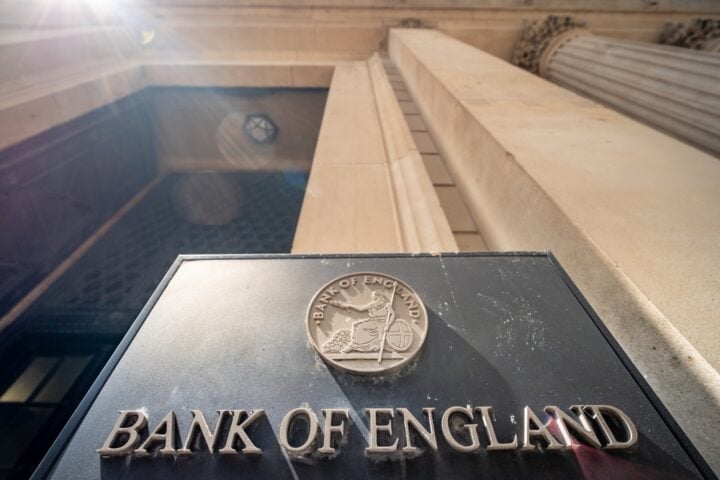March Inflation Hits Three-Month Low
UK inflation slowed in March, falling to 2.6% from 2.8% in February, according to data from the Office for National Statistics. The decrease was driven by lower computer game prices and falling fuel costs. However, prices for clothing saw a surprising rise after a drop in February, highlighting ongoing pressures.
Economic Concerns Amidst Higher Bills
Despite the slowdown, inflation remains a concern for the UK economy. Former Bank of England (BoE) interest rate-setter Michael Saunders warned that higher bills for gas, electricity, and water, along with increased employer costs, could push inflation back to 3% in the coming months. Saunders also highlighted the potential economic effects of U.S. President Donald Trump’s trade war, which could add further inflationary pressures.
Expectations of Rate Cuts
The BoE, which aims for a 2% inflation target, had previously forecasted inflation to rise to 3.6% in April due to higher utility bills. With Trump’s trade tariffs raising the possibility of a global slowdown, the BoE may cut interest rates at its upcoming meeting on May 8. Financial markets now see an 86% chance of a 0.25% rate cut, up from 80% before the inflation data release.
Trade War’s Impact on Inflation
Experts suggest that the higher tariffs imposed by the U.S. may create both upward and downward pressures on inflation in the UK. Additionally, China may start sending cheaper exports to Europe after being effectively shut out of the U.S. market, potentially easing inflationary pressures on certain goods.
Mixed Data and Economic Outlook
Key inflation measures also showed cooling in March. Inflation in UK services, a key indicator for the BoE, fell to 4.7% from 5.0%. Core headline inflation, which excludes volatile food and energy prices, also eased slightly. However, concerns remain as inflation expectations among the public and businesses rise, adding uncertainty to the economic outlook.







